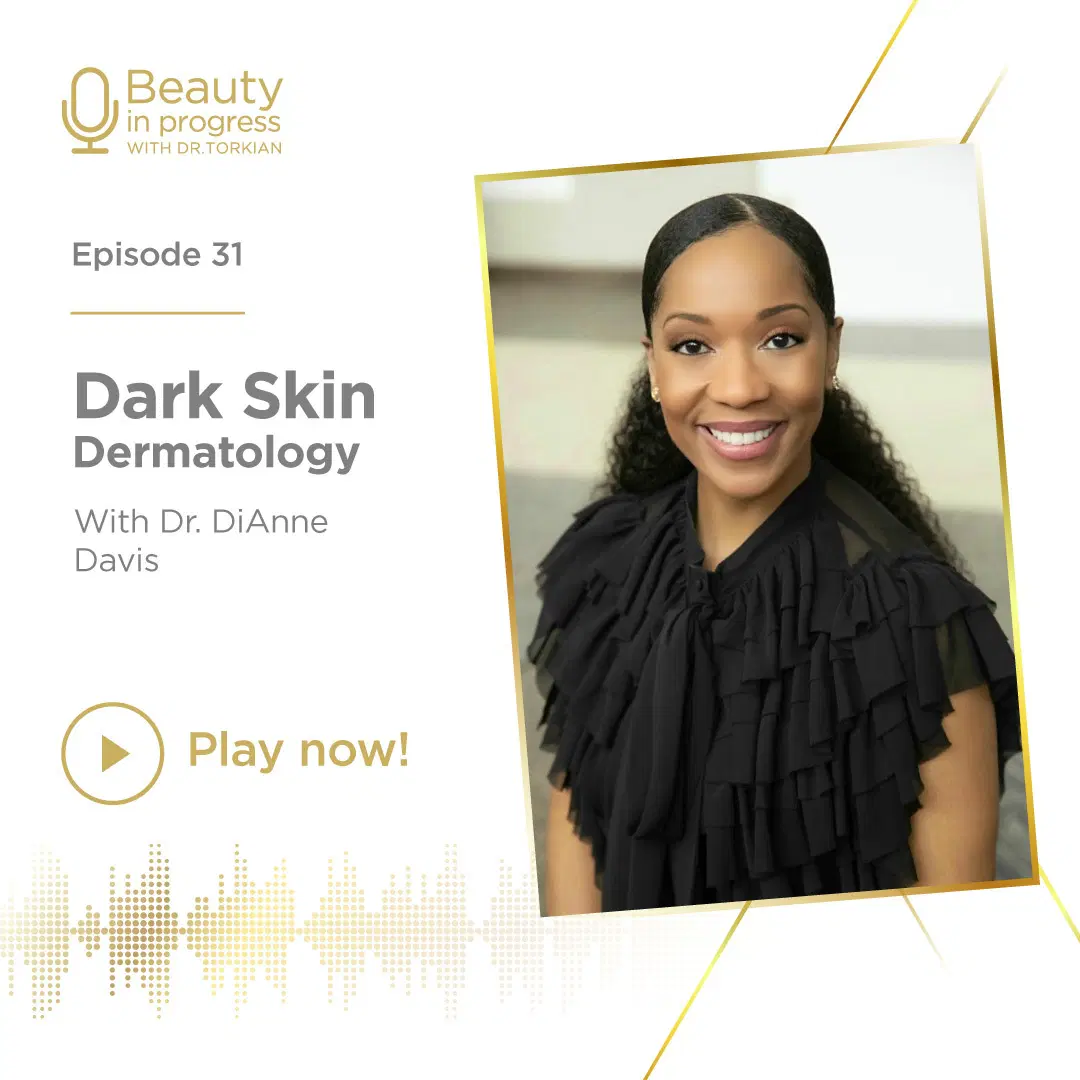Did you know that diagnosing dark skin can be very different compared to fair skin? Today’s guest is Dr. DiAnne Davis, MD, a board-certified cosmetic dermatologist who specializes in non-invasive facial rejuvenation, skin color, hair loss, and cosmetic dermatologic surgery. During her residency, Dr. Davis was influential in coordinating the first Skin of Color Symposium, helping to promote awareness of the unique characteristics of colored skin from a medical and cosmetic dermatological point of view due to the lack of medical training when it comes to dark skin. Suffering from acne in adulthood, she has a unique empathy with her patients, which is why she takes a collaborative approach, seeking to make them feel their best to improve their quality of life. She is the author of several magazine articles and textbook chapters and has presented some of her work at local and regional dermatology meetings.
Beauty In ProgressSkincare for Darker Skin


Highlights:
- Dr. Davis tells us about the lack of medical training regarding dark skin and how diagnosing skin of color can be very different compared to fair skin.
- Common problems that arise with patients with dark skin are excess hair growth, post-inflammatory hyperpigmentation, and acne scars.
- Dr. Davis explains why Laser 1064 nanometer wavelength is the most reliable laser for her treatments.
- Platelet-rich plasma is the best hair restoration technique for dark-skin patients.
- The difference between PRP and PRF.
- Her experience with stem cells.
- Dr. Davis says what treatment she uses for dark circles: blepharoplasty, a type of surgery that repairs droopy eyelids and may involve removing excess skin, muscle, and fat.







